Apple last week responded to a letter from several Democratic senators who inquired about the data privacy policies of the company's COVID-19 screening tools.
On April 3, Senators Bob Menendez, Kamala Harris, Cory Booker and Richard Blumenthal in a letter to Apple CEO Tim Cook expressed concern over how confidential health data is handled in Apple's coronavirus app and website.
In a letter dated Thursday, Timothy Powderly, Apple's senior director of government affairs, responded to some of those questions and outlined the privacy protections baked into the COVID-19 screening app and website. The app and website were created in partnership with the CDC, FEMA and the White House Coronavirus Task Force.
For example, Apple says that it doesn't collect any information other than non-personally identifiable app usage and crash data. That data is then kept only as long as necessary to "support the operation of the COVID-19 website and app." It also pledged not to share or resell any data collected with third parties, or use it for commercial purposes.
Because end users are the ones inputting data into the systems, the tools aren't governed under HIPAA guidelines. Any user-inputted data sent through the portal is encrypted during transport. Apple also said that the app and website are accessible to people with disabilities.
In the letter, Apple added that it "drew upon its engineering and clinical resources" to develop the tools at the request of the Department of Health and Human Services.
Bloomberg reported on Apple's response earlier today.
The Apple COVID-19 app and website launched in late March and contain tools that let users assess coronavirus risk, symptoms and recent exposures. The app was updated on Thursday with a new state guideline portal, as well as self-care and emergency tips.
 Mike Peterson
Mike Peterson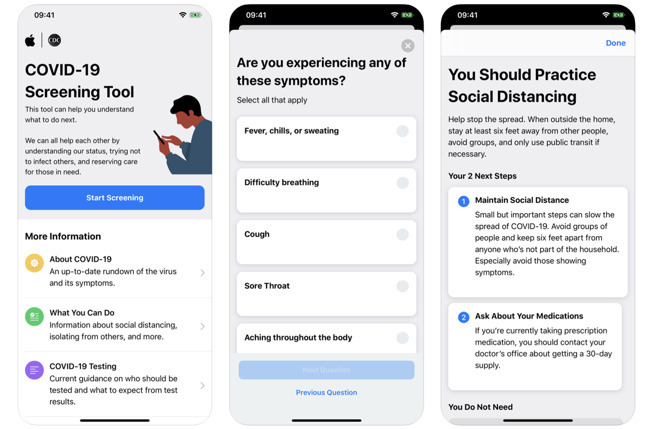
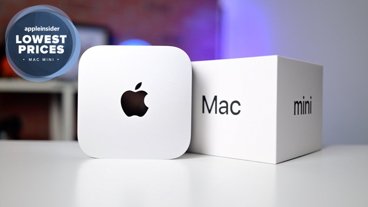
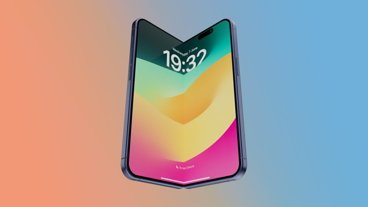
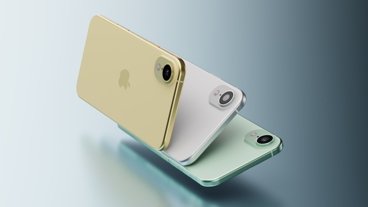
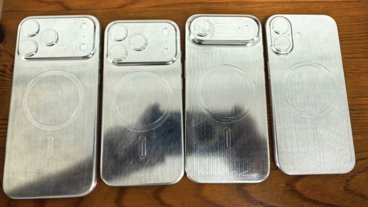
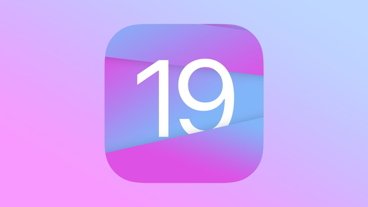


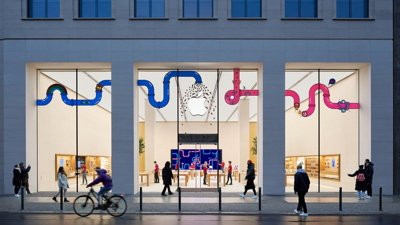
 Mike Wuerthele
Mike Wuerthele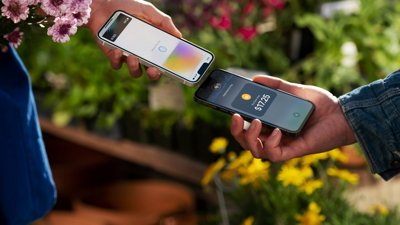
 William Gallagher
William Gallagher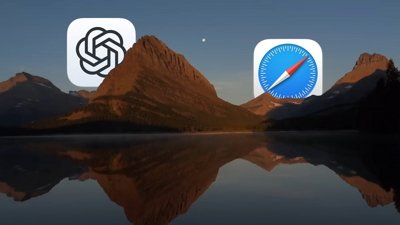
 Chip Loder
Chip Loder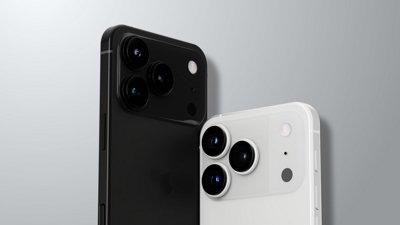
 Wesley Hilliard
Wesley Hilliard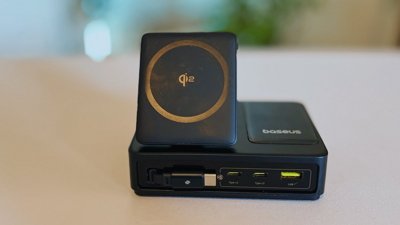
 Amber Neely
Amber Neely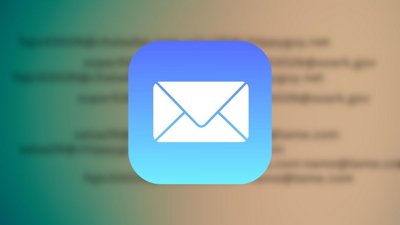
 Marko Zivkovic
Marko Zivkovic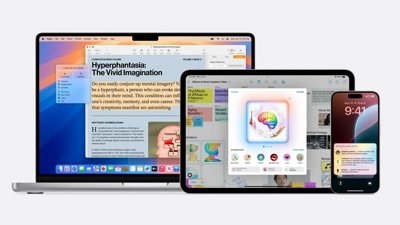
 Malcolm Owen
Malcolm Owen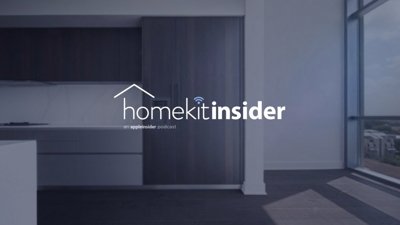
 Andrew O'Hara
Andrew O'Hara








9 Comments
memo: “No. Just...no,”
I think it’s wonderful that Apple is taking the lead here and showing that you can have incredible functionality without compromising individual privacy. They seemed exceptionally quick to develop this framework for managing the Bluetooth connections. I wonder if this is simply related to the work they are rumoured to have been doing with tile tracking.
NO PERSONALLY-IDENTIFIABLE INFORMATION
How many cyber security experts are in congress?
I believe the answer to be zero. And in 2020, that should make you really nervous.